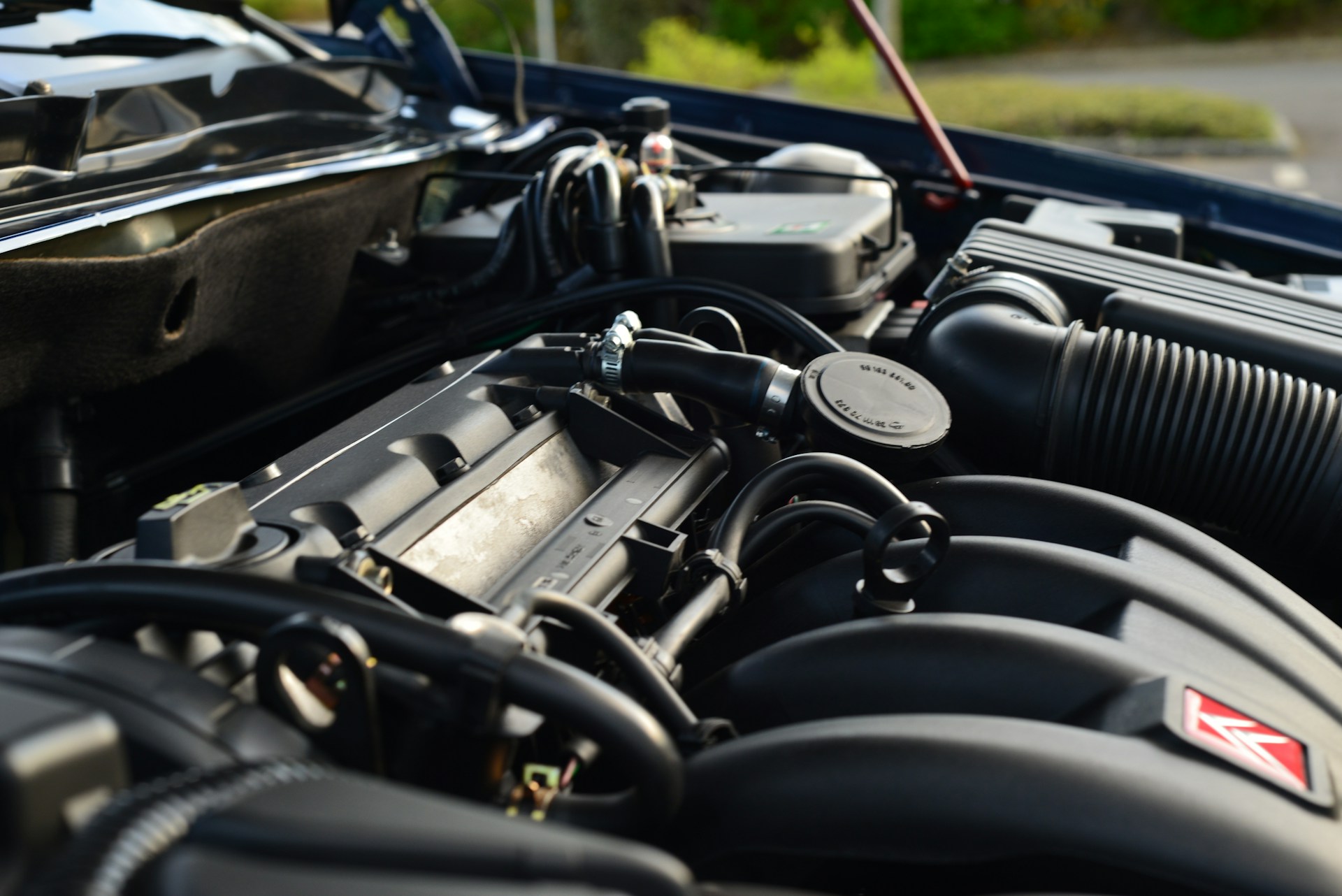If the heartbeat of any vehicle or equipment is its engine, choosing the right small engine for your equipment is vital.
Whether you’re upgrading a lawnmower, outfitting manufacturing tools, or investing in a generator, the right engine determines efficiency, durability, and overall satisfaction.
However, the wrong choice can lead to underperformance and increased long-term costs.
This article will guide you in assessing your equipment needs, comparing engine types, evaluating performance requirements, and making an informed decision.
With insights sourced from industry expertise, this post ensures your project maximizes utility and value.
The Importance of Understanding Your Equipment’s Needs
Match Engine Capability with Equipment Function
Every piece of equipment has unique requirements. For instance, while a lawnmower requires rotational force for precision cutting, a generator demands consistent energy output.
Understanding these functions ensures you select a small engine designed to handle your equipment’s performance needs effectively.
Assess Load and Operating Duration
Consider how frequently and for how long your equipment will operate.
For regular, prolonged usage, invest in high-performance small engines that withstand wear and tear. Occasional or short-term use may require lighter, budget-friendly options.
Know Your Engine Types
Single-Cylinder vs Multi-Cylinder Engines
Engines generally fall into two categories for smaller equipment:
- Single-Cylinder Engines: Ideal for lightweight equipment like snowblowers or lawnmowers. Compact and cost-effective, they deliver consistent performance for mid-level requirements.
- Multi-Cylinder Engines: Suitable for larger equipment requiring higher power and torque. Often used in utility vehicles or industrial equipment that operate continuously.
Two-Stroke vs Four-Stroke Engines
- Two-Stroke Engines: Lightweight with high power output in a short timeframe. Common in tools like chainsaws or leaf blowers.
- Four-Stroke Engines: Energy-efficient with low noise levels, perfect for operating landscaping or garden equipment. Their durability and reduced emissions further enhance performance.
Understanding the strengths and weaknesses of each type helps you narrow choices.
Evaluate Fuel Type Options
Gas-Powered Engines
Gasoline engines dominate the small engine market due to their versatility. They offer a blend of power and convenience, making them perfect for various outdoor equipment.
However, regular maintenance involving fuel filters and valves ensures optimal performance over time.
Diesel Engines
Known for reliability, diesel-powered small engines excel in heavy-duty equipment like generators or tractors. Their torque and fuel efficiency cover prolonged usage scenarios but often come with higher upfront costs.
Electric Engines
Battery-powered electric engines are increasingly used in eco-conscious industries.
Silent, low on emissions, and easier to maintain, they are great for lighter equipment needs. However, they may not provide sufficient power for more demanding applications.
Consider Specific Performance Metrics
Horsepower (HP)
Horsepower serves as the engine’s measure of strength. High HP engines deliver substantial energy for heavy equipment, while lower HP engines work well in lighter machinery.
Understanding this metric prevents overspending and ensures compatibility with your equipment’s function.
Torque
Torque measures the rotational force generated by the engine. Equipment like tillers and automobiles rely on high torque for efficient function. Always evaluate torque alongside horsepower—both contribute to the machine’s overall output.
Prioritize Maintenance and Longevity
Ease of Maintenance
The complexity and frequency of maintenance required should influence your choice. Engines from manufacturers offering accessible spare parts and straightforward repair support often guarantee reduced downtime.
Durability
Small engines engineered with high-quality materials last longer and withstand demanding conditions.
Look for features like cast-iron cylinders or aluminum heads that improve resilience. Equipment durability enhances cost efficiency over time.
Additional Considerations for Optimal Performance
Noise Levels
Beyond efficiency and cost, low engine operational noise improves user experience. If your equipment operates in quiet environments or urban areas, consider an engine designed for smooth and subdued sound performance.
Environmental Impact
If sustainability is your focus, aim for engines compliant with carbon emissions regulations. Electric models or low-emission gas engines continue gaining favor due to their environmental benefits.
Make Smarter Choices with Expert Assistance
Investing in a small engine involves multiple variables—including function compatibility, power metrics, and environmental concerns.
By carefully analyzing your equipment’s requirements and understanding small engine attributes, you ensure high performance and a prolonged lifecycle for your tools.
Need a reliable resource? For detailed product matchmaking, visit this website, where expert recommendations streamline your engine search, helping you power up any project confidently.



Leave a Comment